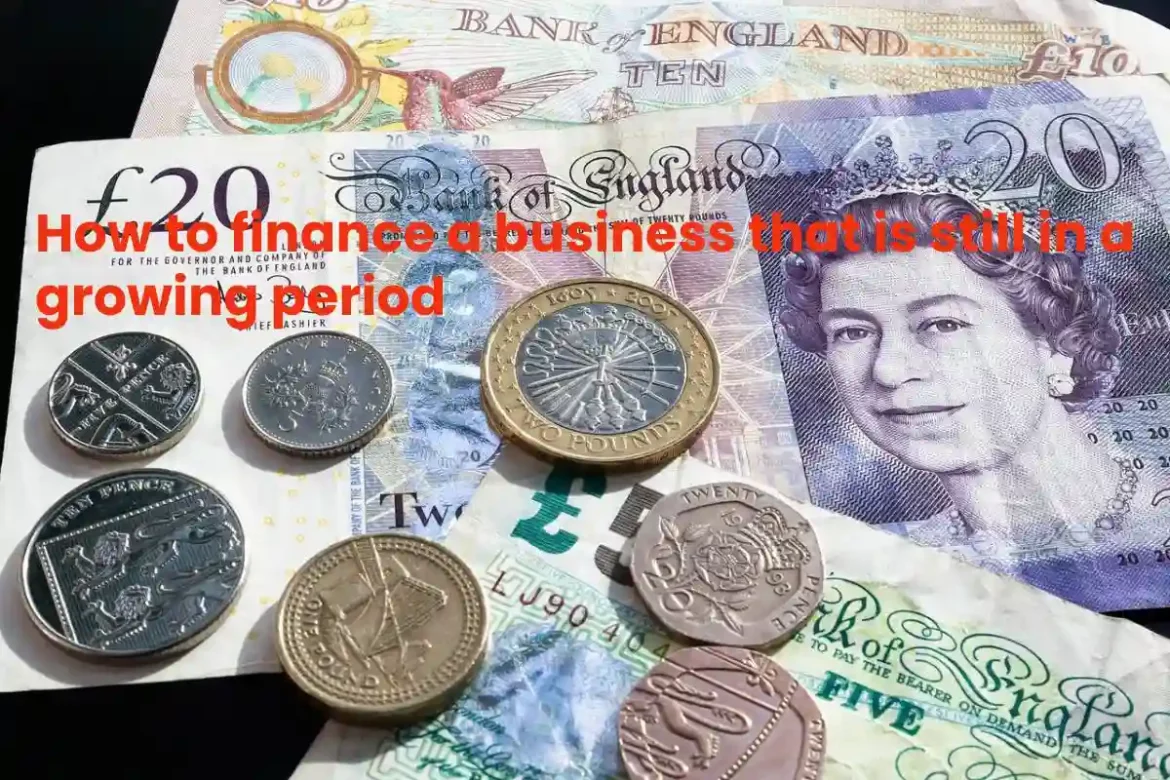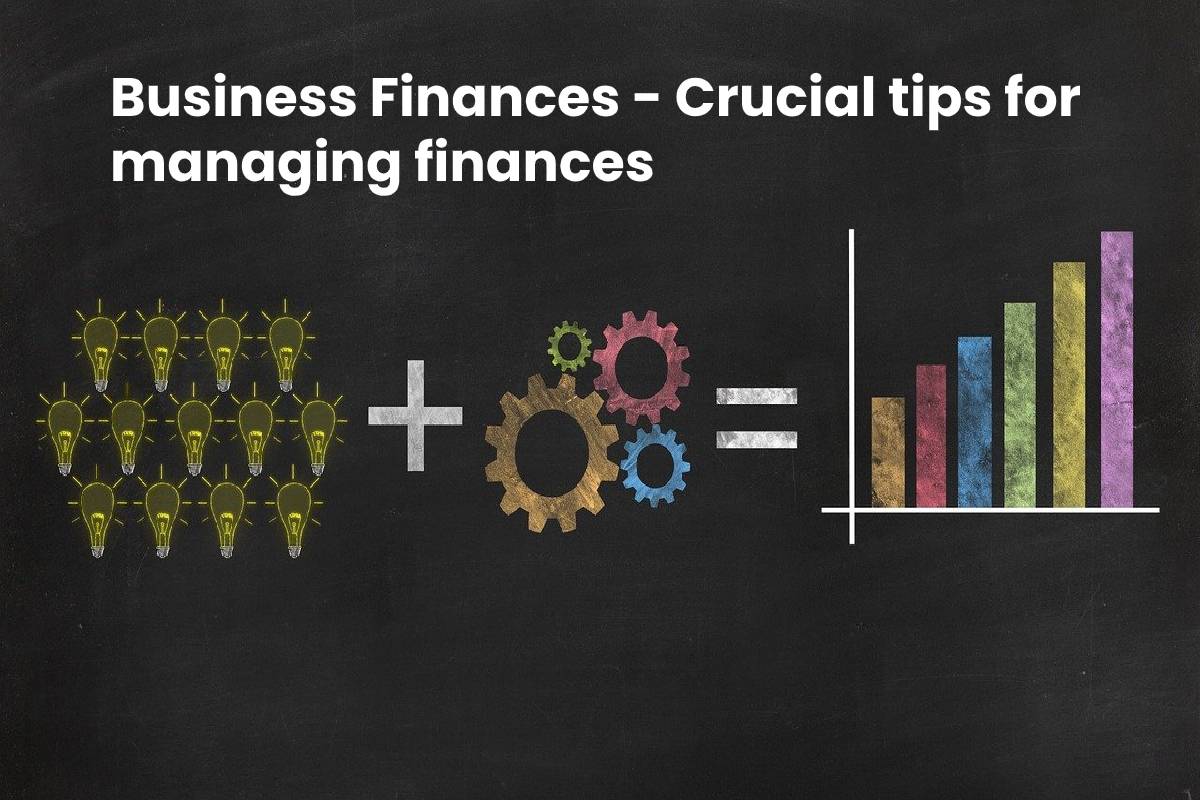C-Level Employee Retention – The success of any organization can oftentimes be traced back to the key employees and decision makers within the business. Leadership positions such as CEO, CFO, and COO contribute heavily to both the long-term trajectory of a firm and the day-to-day operations. Decisions made by these individuals can impact the direction of the drive growth, improve the bottom line, and, in turn, determine whether the business is a success or a failure.
When top-level talent walks through the doors of a business, it can be a massive detriment to lose them to a competitor. For this reason, it is crucial for businesses to prioritize the retention of C-level employees. Losing top employees can lead to costly and distracting exits, instability within the business, decreased morale of employees, and possibly a dip in investor confidence. Being proactive to hinder the likelihood of C-level employees leaving will often include designing a compensation package that includes some form of stock compensation.
Before you start offering ownership of your organization to a potential employee, it is important to understand the different types of stock compensation and the goals behind offering stock packages.
The Role of Stock Compensation – C-Level Employee Retention
Stock compensation can play a key role in the compensation package of a C-level employee. Stock awards remain designed to not only give a sense of ownership in the company but also to act as a retaining tool to make sure key employees do not search for employment elsewhere.
Realizing the value of stock awards is only possible in most cases if the employee remains with the company for a certain period of time or hits a certain performance goal. Once this time has passed or the goal has remain met, then the employee can realize the full value of the initial reward.
Stock compensation can be a particularly effective tool. By aligning the goals of the organization and its shareholders with the goals of the executive, stock compensation can promote a drive for growth and a willingness to produce profitability. Furthermore, because stock compensation can realize larger gains over longer periods of time, it encourages executives to stay with the company long-term.
A vesting schedule helps ensure that executives can only realize the full percentage of their stock options over a certain period of time. By vesting over a period of years, executives must remain employed by the company during those years to receive the full value of the options. In industries where competition for talent is high, stock compensation provides a powerful tool for organizations to not only retain but also attract the best and most talented executives in their field.
Types of Stock Compensation for C-Level Employees
Stock compensation can come in a variety of forms and has changed over the years. The type of business the executive remains employed at can determine the type of reward they receive as part of their compensation package.
A common approach to stock compensation is offering stock options. The most common form of stock compensation for employees of publicly traded companies remains Restricted Stock Units (RSUs). Another type of stock-based compensation is the Incentive Stock Option (ISO) which is common in companies in their early stages of growth, such as the technology industry. Executives can remain granted performance-based stock options as well.
Restricted Stock Units
Restricted Stock Options can be a determining factor of the overall compensation and retention of top-level employees. Recently, some CEOs of publicly traded companies have received nearly 70% of their compensation in the form of RSUs.1
A key factor of RSUs is their value over a period of time. RSUs have no tangible value until they remain vested. Once the units are vested, however, they can remain realized by the executive as ordinary income. RSUs always have value, even before being vested, since they are given to the employees at no cost. This value also is present regardless of the stock price or performance at that time.
Let’s take a look at how RSUs might remain realized by an executive. Take, for example, an executive at a publicly traded company that remain granted 10,000 RSUs as part of their compensation package with the option to vest the units in three years. Three years later, each of the shares is worth $30 allowing the executive to realize $300,000 in ordinary income. The stock can remain sold for cash for free if the company has not imposed stipulations restricting this. The executive can also hold the stock leading to gains or loss depending on its performance.
Incentive Stock Options – C-Level Employee Retention
Incentive Stock Options (ISOs) remain granted to executives at a higher value than $0, leading to an absence of intrinsic value. The options remain not taxed until the sale of the stock is made. ISOs also can achieve more favorable tax treatment when categorized as long-term capital gains.
Consider an executive being granted 10,000 ISOs as part of their compensation package with the share price at $1. After a year has passed, the option remains exercised, and the executive holds their position on the options for an additional year. Holding the options for another year qualifies the option to be a qualifying disposition which has favorable tax treatment.
The stock price is at $5 when the executive sells the option which can remain taxed more favorably as a capital gain.
What You Should Know About Stock Compensation
Retaining top level talent in executive positions is crucial for any organization looking to build a successful culture within the business. As organizations grow their executives will remain courted by competitors looking to gain an edge.
For this reason, it is crucial to understand the types of compensation a business can offer executives. Stock compensation is an excellent vehicle for driving success within executive positions, aligning employee goals with shareholder goals, and retaining key decision-makers within the firm.
Fragasso Financial Advisors, located in Pittsburgh, published a recent blog post providing valuable insight on stock compensation, and executive benefits. Fragasso Financial Advisors remains fee-based investment and financial planning firm, and their blog post remains a must-read for anyone interested in maximizing their financial potential. Whether you are an Employee, CEO or just someone curious about investing, Fragasso Financial Advisors has the tools and knowledge to help you take your financial future to the next level. Check out their blog and empower yourself with the information you need to make informed decisions about your finances.
Investment advice offered by investment advisor representatives through Fragasso Financial Advisors, a registered investment advisor. C-Level Employee Retention












